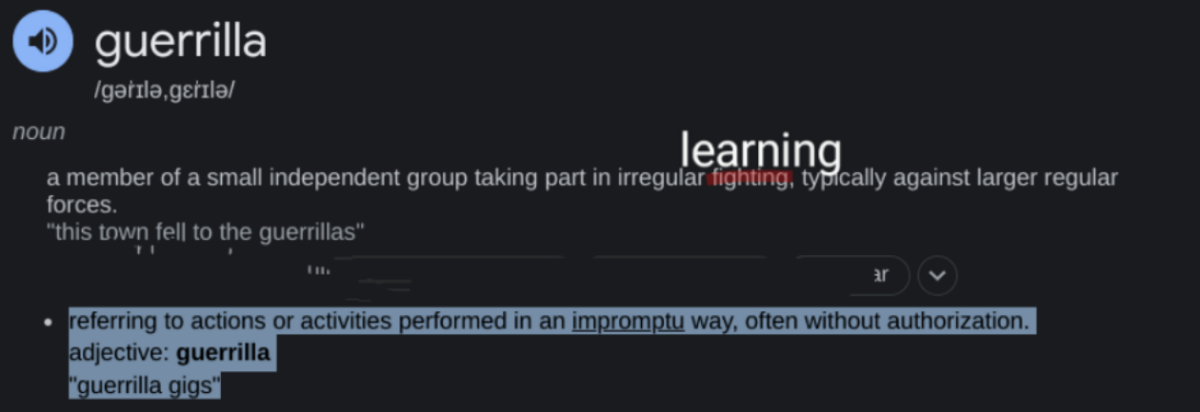We were going to do the tutorial on war and we will probably do it next week. There is a distinction between the moral requirements that govern whether one can wage war or not (jus ad bellum) and those that govern conduct in war (jus in bello). So, a war can be seen as legitimate yet the actions of soldiers illegitimate. This is standard fare for applied ethical thinking on such a subject and if you look at the readings it will become clear what is at stake and how these are regulated.
Personally, I think war is interesting for a different reason. When we looked at euthanasia and abortion, the question was whether killing could be PERMISSIBLE, that is allowed. This means that there are situations where the moral laws can be put to one side. With war, what a lot of thinkers don’t seem prepared to say, is that one’s duty to one’s role in the army actually means that killing is REQUIRED (a duty!). The doctrine of proportionality may be used to dispute this, but I think that would be disingenuous.
Ps., if you have trouble replying to these posts (which you all seem to do), try clicking on the log in button on the right, use your usual campus login and see if that helps.
